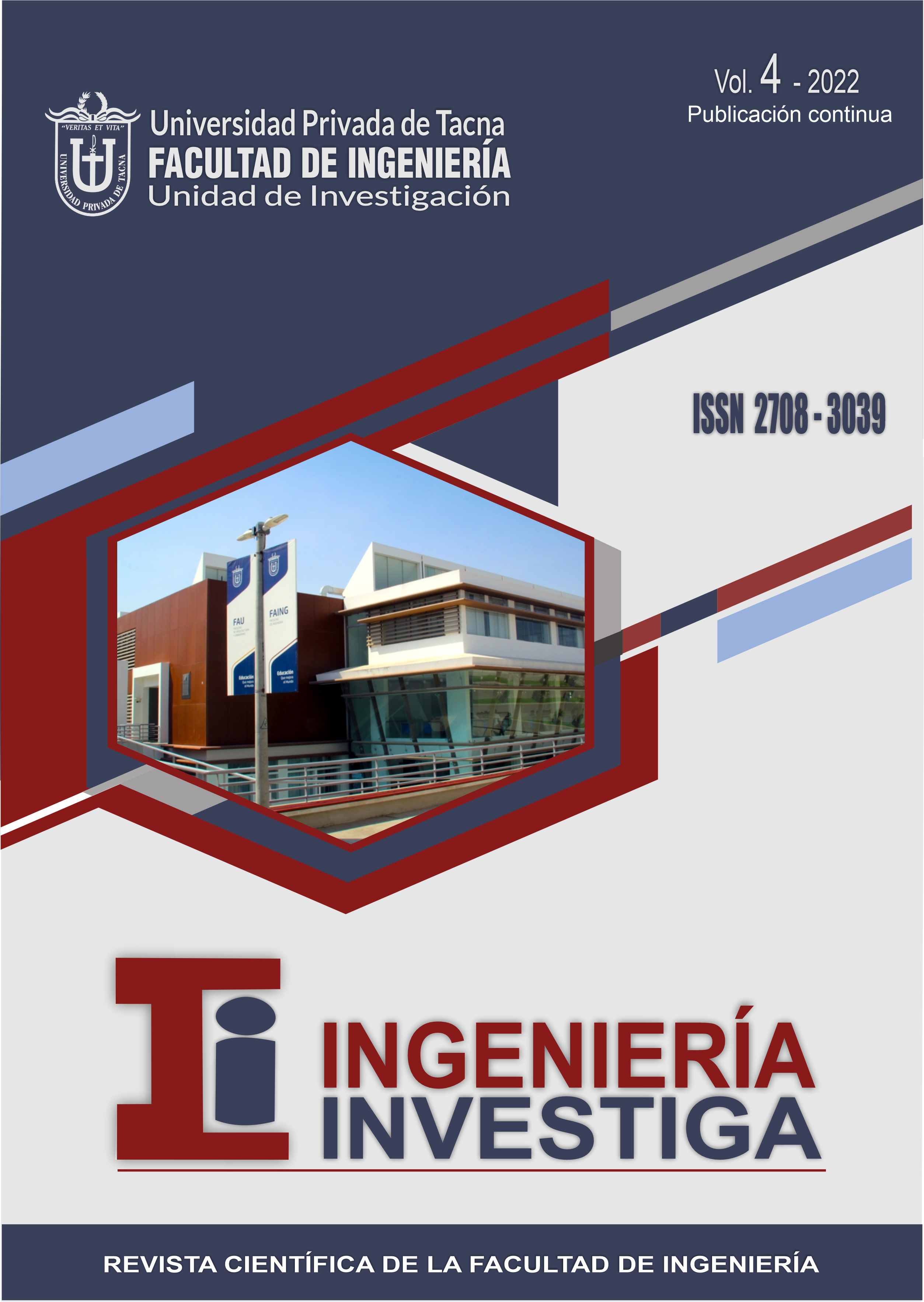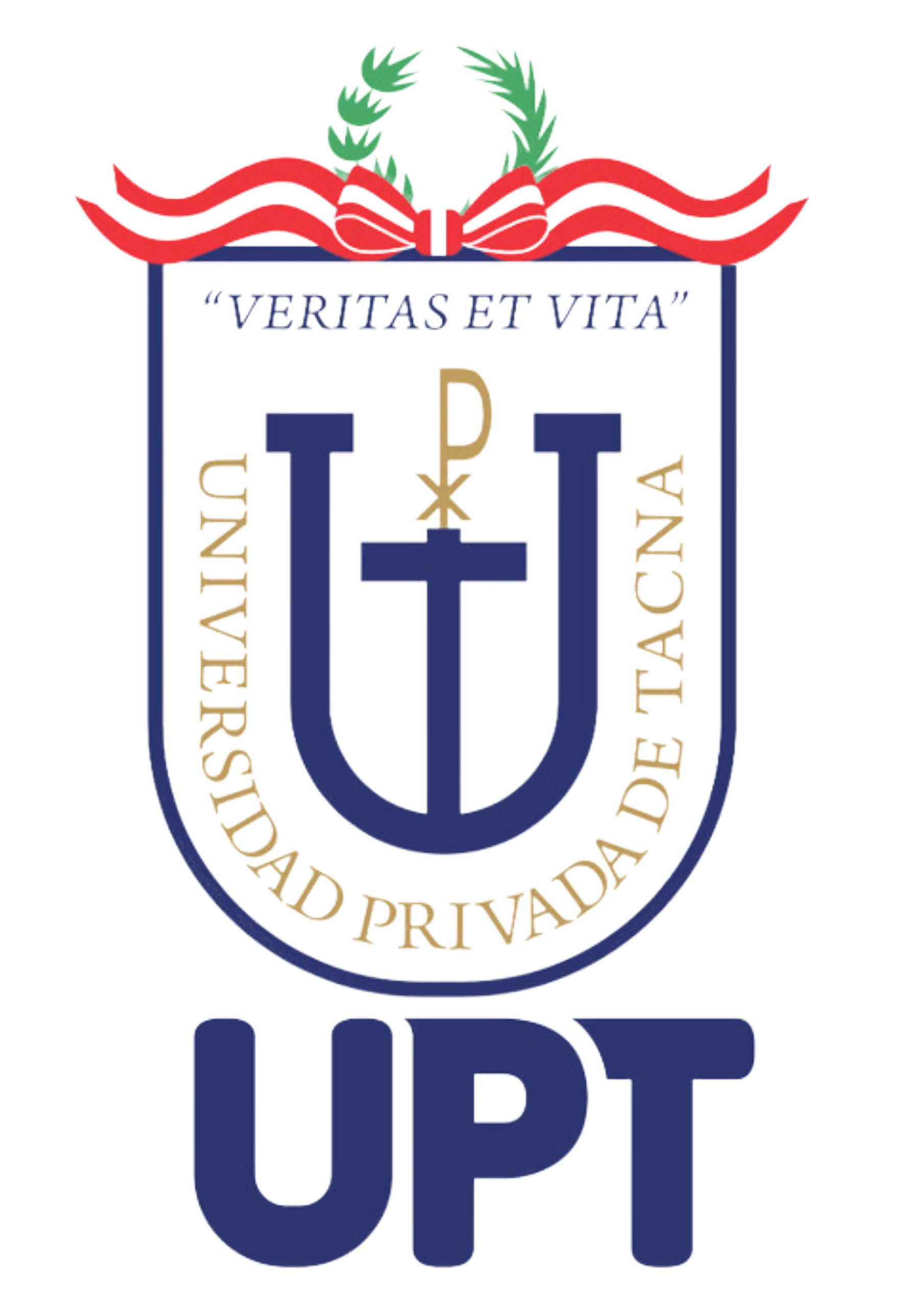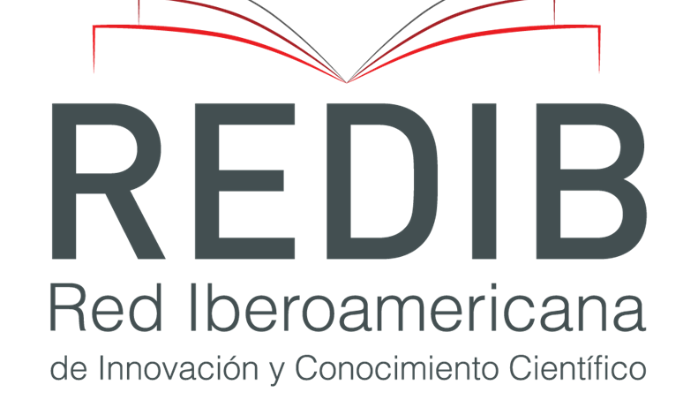Mende and its efficiency in the composting process of waste from green areas of the city of Tacna, Peru
DOI:
https://doi.org/10.47796/ing.v4i0.704Keywords:
Compost, Cynodon dactylon, efficient microorganismsAbstract
Compost is a natural fertilizer that is obtained from the use of solid organic waste, limiting the environmental impact that it causes. The purpose of this investigation was to determine the influence of Mende and water in the pH stabilization, and the efficiency of the compost made from waste from green areas of the District of Tacna. A 3x3 multilevel factorial design was used. It was verified that a dose of 1.5 L of Mende and 33.5 L of water achieve a pH of 7.95 and a compost obtaining efficiency of 38.80 %. After laboratory analysis, it was determined that this compost managed to meet the internationally required parameters (temperature, organic matter, C/N ratio, humidity, total nitrogen, phosphorus and potassium) in the EPA 40CFR 503, Mexico NTEA-006 – SMA-2006 and Chile Nch 2880 2004. It was concluded that it is possible to take advantage of the waste from green areas in the city of Tacna to make compost, being able to generate economic income after its commercialization at different areas.








